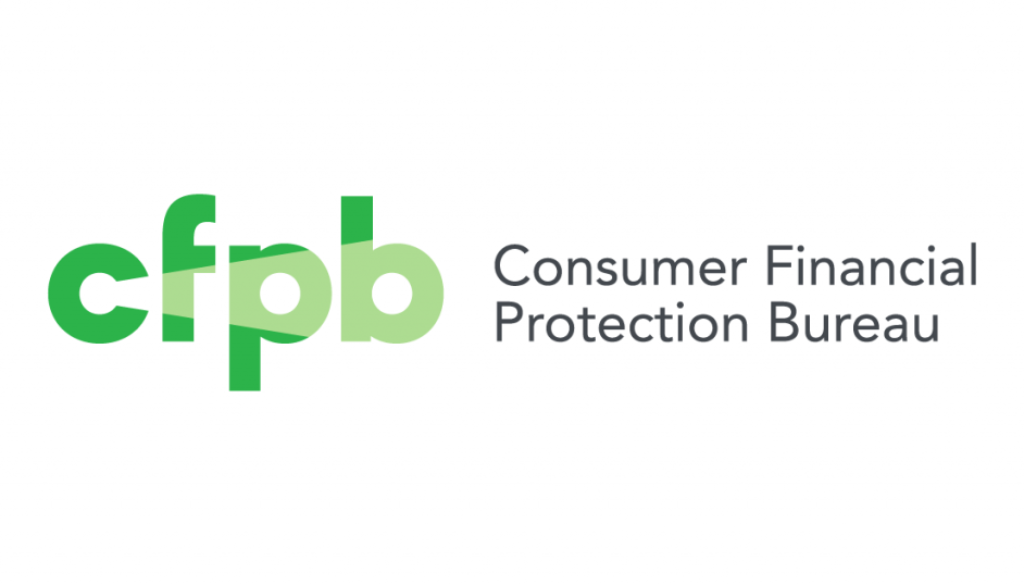Questions Congress Should Ask the CFPB Director Next Week
By Ed Mierzwinski, U.S. PIRG
CFPB Director Kathy Kraninger will deliver the statutory “Semi-Annual Report of the CFPB” to the House Financial Services (10/16) and Senate Banking (10/17) Committees next week.
On the House FSC website the hearing is labeled “Who Is Standing Up for Consumers?”
It’s a good question. Since Director Kraninger took the reins from interim director Mick Mulvaney late last year, many of her actions have served industry, not consumer, interests. While she has reached out to consumer advocates, including me, her actions speak louder than words.
Here are more questions about recent CFPB actions committee members should ask the director:
Why Have You Joined Bureau Opponents in Claiming Your Position Is Unconstitutional?
U.S. PIRG has long defended the constitutionality of the CFPB’s structure. To ensure that this independent consumer protection agency did not become a political arm of the administration, any administration, its enabling statute followed longstanding Supreme Court precedent by wisely providing that its director could only be removed by the president for cause. In September, Kraninger reversed the CFPB’s litigation posture and joined the Trump administration as well as industry groups in arguing that the CFPB’s structure is unconstitutional. Her action also left the CFPB without a government defender, so leadership of the House of Representatives has petitioned the Supreme Court to reject the administration’s, and now the CFPB’s, position.
Why Are You Rolling Back Payday Loan Protections?
Two years ago this month, after an open and comprehensive 5-year rule-making process, the CFPB finalized a Payday Lending Rule. Earlier this year, the Bureau began a process to both delay and gut that rule’s core provision requiring that high-cost, short-term small dollar lenders determine a consumer’s ability to repay the loans. In May testimony to Congress on the changes, top CFPB official Tom Pahl even admitted that “We did not do any new research. We did not do anything,” and that payday lenders would earn an extra $8 billion per year under the proposed rule change. Of course, that money would come from low and moderate income Americans caught in the payday loan debt trap.
Why Are You Proposing to Allow Debt Collectors to Run Amok?
U.S. PIRG and other researchers have repeatedly found that debt collector practices are abusive, including toward consumers who never owed or no longer owe a debt. In response to a request for comments on a CFPB proposal to make it easier for collectors to contact consumers more often and through more channels, including by unlimited texts and emails, U.S. PIRG and state PIRGs joined other advocates in a series of subject-based comments. The comment letters are on issues ranging from general debt collection problems to medical debt, privacy and student loan debt. The CFPB’s proposal has many more implications than merely allowing collectors to bombard debtors and other consumers with more calls and unlimited emails and texts. For example, instead of barring the collection of time-barred debt, an area rife with abuse, the proposal provides legal protections to collectors that will serve to increase their use of unfair and deceptive practices.
Why Aren’t You Returning More Money to Victims?
Research by the Consumer Federation of America and others has documented a stark decline in CFPB enforcement actions, in the size of penalties imposed and in the amount of restitution returned to consumer-victims of financial schemes. This sends the wrong message that cheating consumers is just a cost of doing business, not wrongdoing that should be punished. Effective enforcement should end unfair practices, deter others from taking up the same practices, punish the wrongdoers and make victims whole. It’s not hard to do it right. Doing it wrong promotes wrongdoing.
How Will Your Emphasis on Consumer Education Put Money Back in Consumer Pockets?
The CFPB already had a significant consumer education program when Director Kraninger arrived. Many have questioned her doubling-down on financial education, especially while she simultaneously energizes payday lenders, reduces enforcement and unleashes debt collectors. As professor Lauren Willis has pointed out: “Replacing regulation and enforcement with websites and e-alerts relieves lenders of their responsibilities — in effect protecting industry rather than consumers. […] Financial products today are complex and ever-changing. […] This is why Congress created the CFPB to be an agency with the resources, expertise, and rulemaking and enforcement powers necessary to protect consumers in the 21st century. The agency’s leader needs a strategy that reflects this mission, not the fantasy that financial education will protect us.”
Sadly, the answer to the question, “Who Is Standing Up for Consumers?” does not appear to be the current CFPB. That CFPB has forgotten that it was established as the only federal agency with just one job: protecting financial consumers in a dangerous marketplace full of tricks and traps. It should get back to doing that one job. Congressional oversight is needed to hold the Bureau accountable to its mission.

